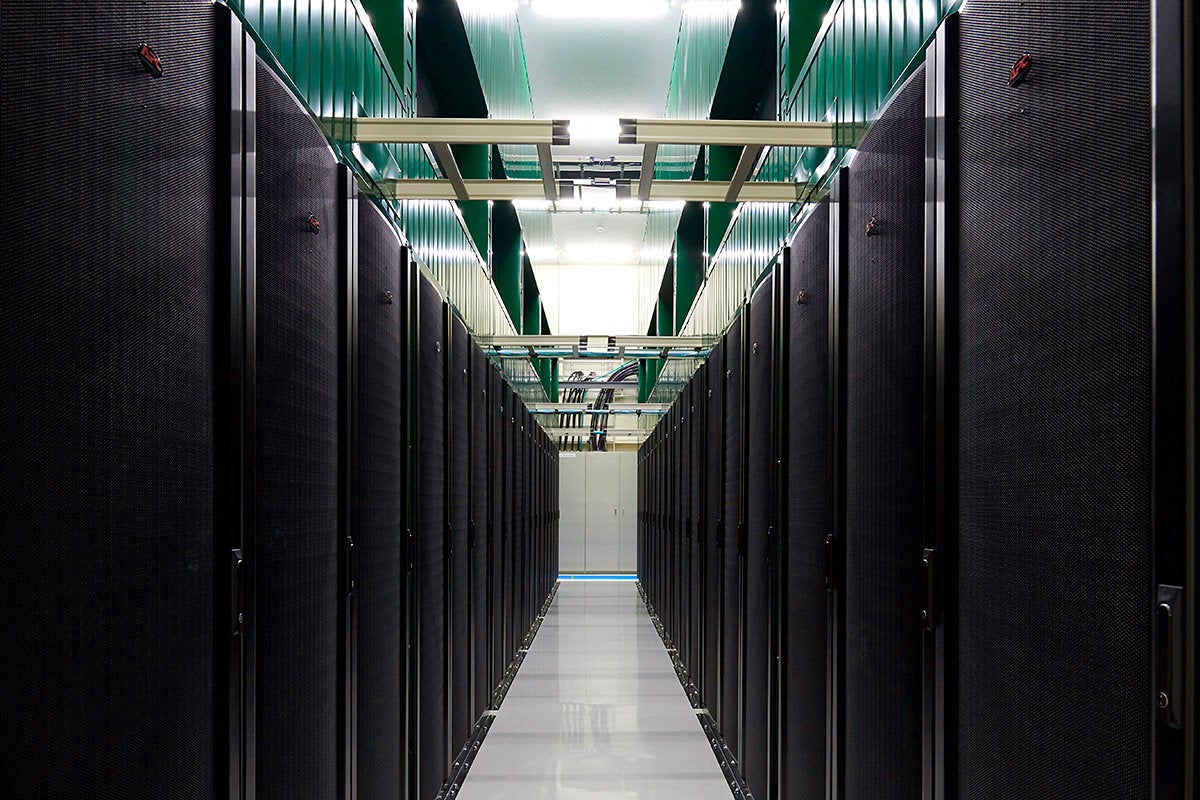- UK Government Publishes Plan to Boost Cyber Sector Growth
- This LG C4 OLED TV is over 50% off on Amazon right now - and I highly recommend it
- 4 PC parts I'm buying to upgrade my computer (and the 7 I'm keeping)
- 8 steps to ensure data privacy compliance across borders
- My 6 favorite open-source Android apps from the Google Play store - and why that matters
Fujitsu cloud service is based on Arm chips used in the world’s fastest supercomputer

Fujitsu announced it will launch a cloud service based on the same hardware used in the world’s fastest supercomputer, Fugaku.
The first step in what it calls Fujitsu Computing-as-a-Service (CaaS) will be Fujitsu Cloud Service HPC, which offers the high-performance computing power of the Fujitsu Supercomputer PRIMEHPC FX1000, which is based on the A64FX 64-bit Arm processor Fujitsu developed specifically for Fugaku.
The A64FX is a 48-core custom Arm processor designed for HPC that does not use traditional DRAM memory sticks, or DIMMs. Instead it has 32GB of high bandwidth memory (HBM) directly on the CPU die sitting right next to the CPU chip itself.
So in addition to performance, Fugaku is extremely power efficient because it doesn’t have any memory DIMMs sucking up power. Fugaku debuted at the number one position on the TOP500 list of supercomputers in June 2020 and has remained there. It also debuted at the top of the Green 500 list of the most power-efficient supercomputers, although It has since fallen out of the top spot.
In the coming months, Fujitsu will add services for its Digital Annealer technology and AI cloud services. Digital Annealer technology uses the quantum annealing process as a cheaper alternative to quantum computing, which Fujitsu says is very complex and expensive, to find the optimal solution to complex problems.
Fujitsu is really going all out to help customers with Fujitsu Cloud Service HPC. They will certainly be at least competitive with the big cloud providers in terms of offering services to customers and reducing the amount of work customers need to do.
Fujitsu says the HPC service will include support and a service integration platform, as well as a suite of software and libraries to help customers deploy HPC applications. The company will also offer consulting and tuning services for customers.
The on-demand HPC services, such as compute nodes, login nodes, job scheduler, storage, and application software for HPC are set up in advance. Users do not have to build their own HPC environment. They only need to prepare their data needed for analysis.
It will offer a simple transfer of research results generated on the Fugaku supercomputer to CaaS services, and users planning large-scale analysis and research projects will eventually be able to migrate to Fugaku as well.
Fujitsu will also offer the development of HPC utilization plans tailored to customers’ business plans, and services are offered on a consumption basis.
So while you can’t initially run your workloads on Fugaku, you may be able to eventually. Satoshi Matsuoka, director of the Center for Computational Science at RIKEN, the research facility where Fugaku is housed, said that in the past two years, 149 companies have utilized Fugaku in 48 use cases, including trial operations prior to full-scale implementation.
“We are working with Fujitsu to make its CaaS to be highly compatible with Fugaku to support such requirements, and we expect CaaS to become an important service for quickly connecting R&D on Fugaku to industrial use and practical implementation in society. Moving forward, we will collaborate with Fujitsu to further synergize Fugaku with this new service to provide its capabilities seamlessly in the cloud,“ he said in a statement.
Fujtisu CaaS launches in Japan in October, with international rollout to follow in the subsequent months. Fujitsu is taking advance orders starting now.
Copyright © 2022 IDG Communications, Inc.

